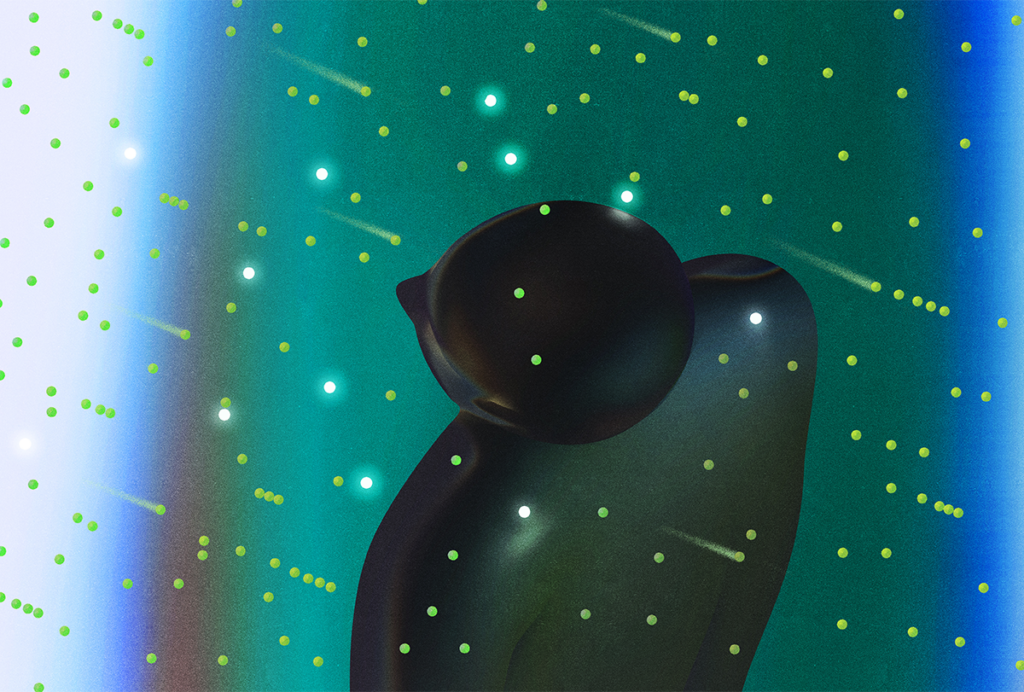Information processing
Recent articles
Explaining ‘the largest unexplained number in brain science’: Q&A with Markus Meister and Jieyu Zheng
The human brain takes in sensory information roughly 100 million times faster than it can respond. Neuroscientists need to explore this perceptual paradox to better understand the limits of the brain, Meister and Zheng say.

Explaining ‘the largest unexplained number in brain science’: Q&A with Markus Meister and Jieyu Zheng
The human brain takes in sensory information roughly 100 million times faster than it can respond. Neuroscientists need to explore this perceptual paradox to better understand the limits of the brain, Meister and Zheng say.
Explore more from The Transmitter
Neuro’s ark: Spying on the secret sensory world of ticks
Carola Städele, a self-proclaimed “tick magnet,” studies the arachnids’ sensory neurobiology—in other words, how these tiny parasites zero in on their next meal.

Neuro’s ark: Spying on the secret sensory world of ticks
Carola Städele, a self-proclaimed “tick magnet,” studies the arachnids’ sensory neurobiology—in other words, how these tiny parasites zero in on their next meal.
Autism in old age, and more
Here is a roundup of autism-related news and research spotted around the web for the week of 2 March.

Autism in old age, and more
Here is a roundup of autism-related news and research spotted around the web for the week of 2 March.
Lack of reviewers threatens robustness of neuroscience literature
Simple math suggests that small groups of scientists can significantly bias peer review.

Lack of reviewers threatens robustness of neuroscience literature
Simple math suggests that small groups of scientists can significantly bias peer review.